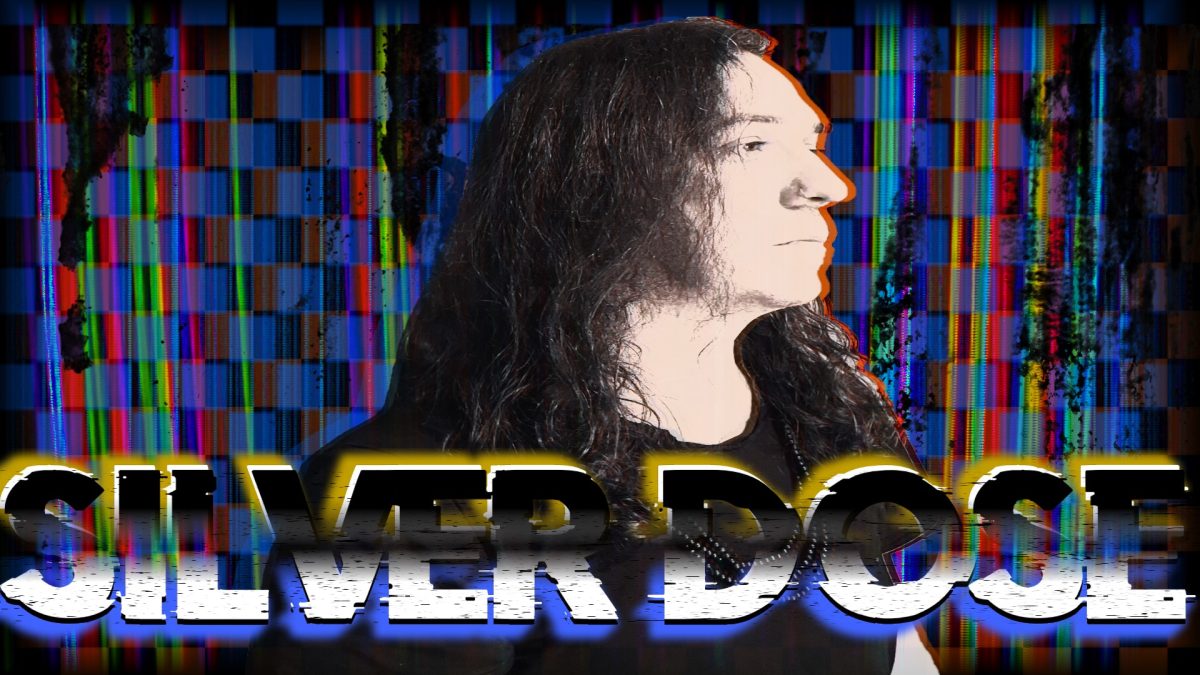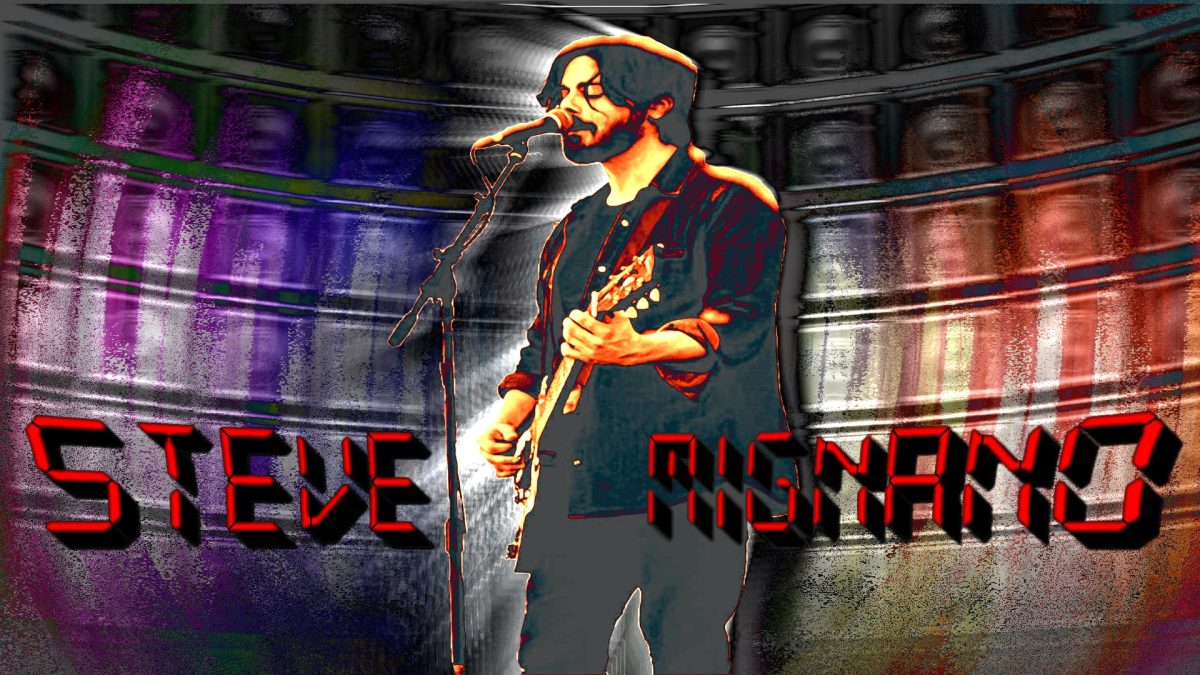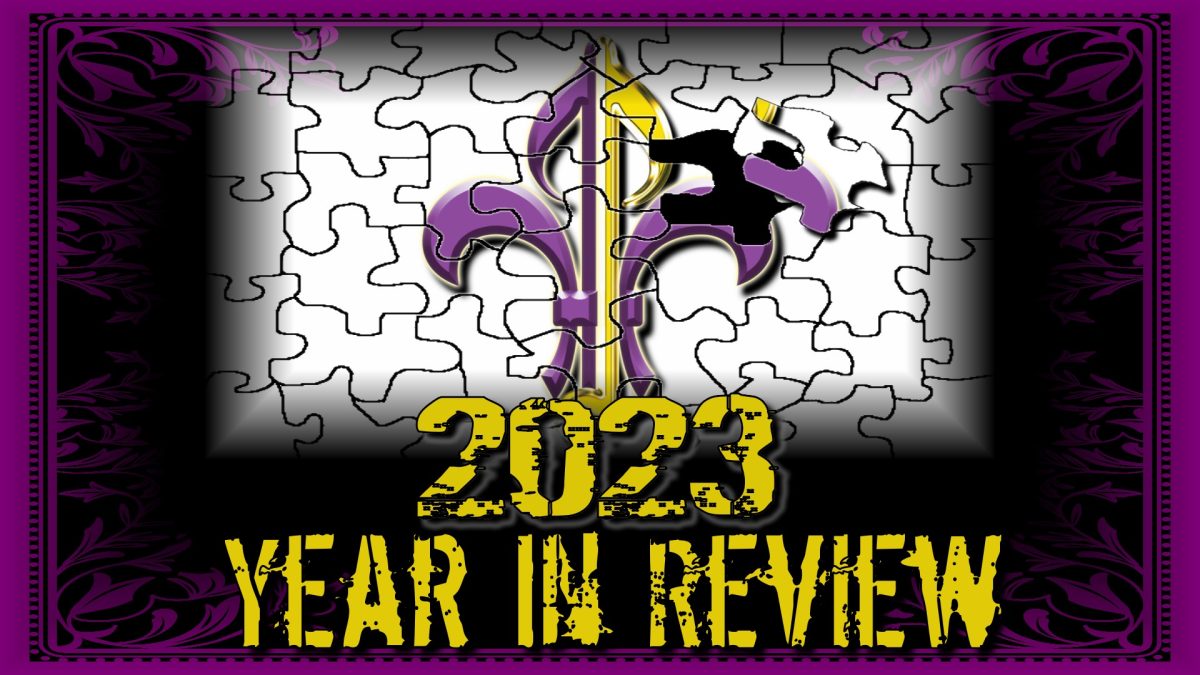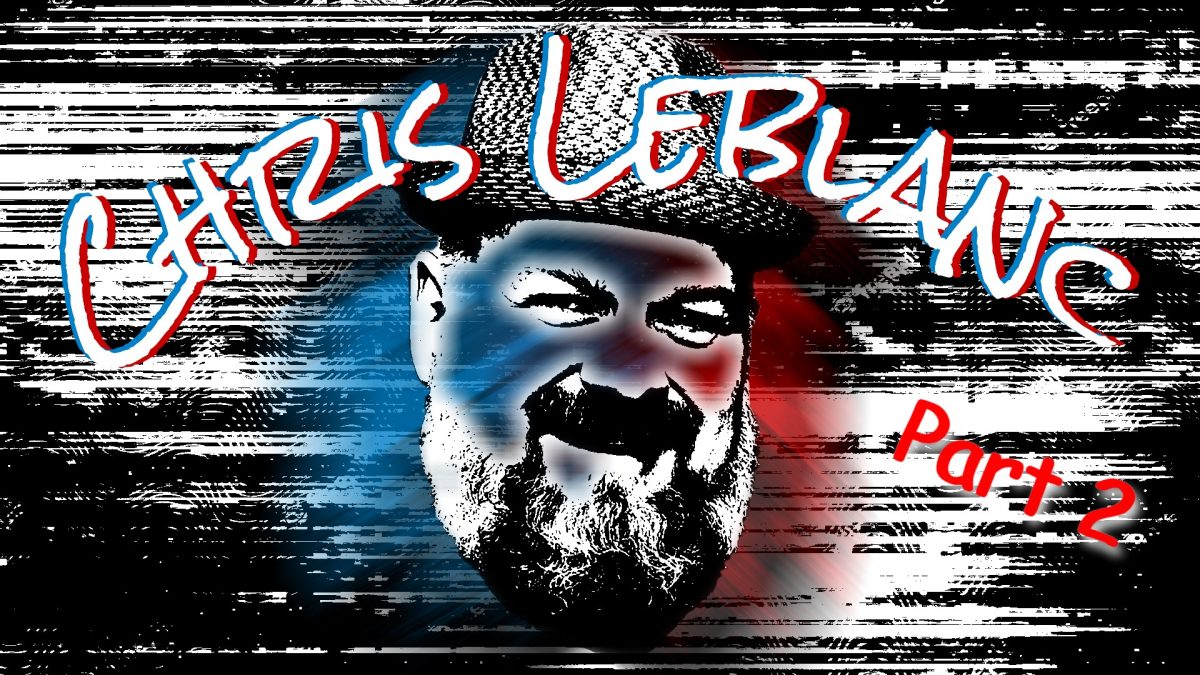For most of us, the first thought that comes to mind when someone mentions streaming music is the majors: Spotify, Apple Music, and Amazon Music. But what about Youtube Music? And have you heard of Tencent? I suggest you find out because, at over thirteen percent of the market share, Tencent rivals Apple and Amazon. We’re going to discuss all these things. We’ll hear from bands speaking on how they get featured on playlists and talk with a playlist curator as well. Amidst this smorgasbord of music circulation, you will also see sprinklings of Bandcamp. All of these things are intertwined, trust me.
This article began with the discovery of a compilation that featured metal musicians from Louisiana. With forty bands totaling a nearly four-hour long album, I was happy to soak in every riff on my long drive to Houston. Somewhere along the line, I started to recognize some of the tracks as being from bands that are members of my free networking website, Neworleansmusicians.com. Brethren Hogg, Vermillion Whiskey, Pious, Electric Age, 4Mag Nitrous, and Totem are all current site members and were amongst the bands featured. I could not have been more elated! I wanted to know more about Weedian and how my members were able to get on this list.
As it turns out, Weedian is on Spotify, Youtube, and Bandcamp. Their Youtube channel enjoys over thirty-five thousand subscribers and has published nearly fifteen-hundred videos. On Bandcamp, where you’ll find all of their compilations, their work really gets to shine, complete with descriptions and unique album art. In January of 2019, they published their first, titling it simply “Volume 1”. According to a person only known as “The one and only Weedian” (who I would later find out is Walid Ajraoui), “Weedian was started because I love music and most especially underground music. I wanted a way to be able to find and share cool bands with people who had the same taste in music that I do. So, after a lot of thinking and some talking, I’ve decided to make a compilation of songs from some of my favorite bands, and Blues Funeral Recordings was cool enough to partner up with me to help bring it to you. This will be the first volume in the Weedian comp. series. I chose these bands because these are who I’ve been digging a lot lately. Although it’s pretty heavily tilted towards doom, there are some stoner and other styles of bands in there. I hope that you enjoy the music and the sick artwork by Brouemaster who has been churning out some incredible stuff lately.”
They would go onto publish fifty-eight of these compilations. Barring Roman numerals I through IV, two Halloween volumes and two 420 volumes, the remaining have been centered around states in the U.S. and places all over the world like New Zealand, Denmark, Argentina, and Portugal. They’ve used Instagram to commission the bulk of their cover artwork. In January of 2024, Weedian’s “Trip to Louisiana” compilation came into existence. Mike Dawsey from the band Pious said, “I’m not 100% sure how they originally found us. JJ at Obelisk, Rob Hammer, and George Kellamis (aka Mrdoom666) were sharing some of our stuff. Both were working with Doom Charts. We randomly got a request for submission for the charts from the guy at Weedian. Nothing came of it and we didn’t hear anything for a while. Out of the blue he hit us up asking if we wanted to do the trip compilation.” While there wasn’t any compensation reaped as a result of their feature, they did see positive results. Their band name started popping up in online tags, and fans began messaging them about where Pious was showing up. Mike went on to say, “Since that (compilation) came out, multiple people have rearranged it for their own versions and a few online and on-air stations have put it in their programs. Mostly in Europe, but they still appreciate most forms of metal over there. So far, the UK, Germany, and Russia seem to be the most responsive.”
I spoke with another Neworleansmusicians.com member that was also featured in the Louisiana compilation, Brethren Hogg. This time, the band’s inclusion was an intentional result of networking online. Chris Posner had this to say, “When we release an album, we have a list of Youtube content creators that we hit up for reposting. We look for people/groups that have more than 10k followers for maximum exposure, but we’ve also been approached by smaller creators asking permission to post, which I usually give 99.99% of the time. I hadn’t heard of Weedian when released our first record, but when the second one dropped, a friend of our drummer clued us in. I emailed them (I guess it’s more than one person???) and once they listened to the record, they reposted. About a year and half later they messaged me saying they were putting together “Trip to Louisiana”, and asked if we were interested, and which track would we wanted featured. We’ve seen a decent bump on both Spotify and Bandcamp in the last month. Not as much as if we had a new release, but new listeners are definitely being reached. To be frank, we were honored and surprised to be a part of this because there so many other great metal acts down here, they could easily put out a Volume 2. Weedian’s a bit mysterious…I don’t who they are and I’m pretty sure they’re located in Asia, but God bless ‘em for the work they do.”
With a shared ecosystem already established between Youtube and Bandcamp at this point, I reached out to a guy Mike Dawsey (Pious) mentioned earlier, Rob Hammer. In the past, Rob had put out a ten-track stoner/doom/sludge/psych compilation as part of a joint venture with Off The Record Label. 750 CDs were pressed with 50 going to each band featured. But his mainstay is his Youtube channel, @Rob.DOOM.Hammer. Approaching thirty-thousand subscribers, he’s a prime example of what bands like Brethren Hogg are using to push their music online. He described himself as a European mainlander that spreads and promotes doom, stoner, and sludge metal as a hobby. He follows over twelve-thousand bands on Bandcamp, finding music to post on his channel. He also finds them via his Facebook page and through bands that contact him directly. Like Rob, there are many people curating playlists on Youtube and it will be up to the bands to hunt them down and amass their own lists. But the main takeaway is that these people are fans at heart. They’re not some huge record label with layers upon layers obscuring a stubborn front door. I found Rob to be extremely approachable with a genuine interest in spreading the kind of music he loves. From the perspective of a consumer, these curated channels are a great way to learn about bands you might not have heard before. I like to run through these gems on my phone while I have my favorite streaming platform open. When I hear something I like, I swap over and save the song to my streaming platform playlist. From the perspective of a musician, this is a D.I.Y. method worth perpetuating. If gaining fans and song plays is the goal on streaming platforms, then getting your music on playlists, no matter the platform, should be your first consideration.
There is one last thing I’d like to touch on concerning Youtube. I’m sure you are all aware that Youtube and Youtube Music are two separate online destinations. For bands, the former would serve you in the form of a regular Youtube channel created with the selected type “musician”. The latter refers to a music streaming service with an interface that operates like Spotify and others and is driven by Youtube’s infrastructure. There’s plenty of information already out there about this. So, I won’t get into all of that. You can investigate the differences and what that means for your band’s work. As far as the user experience, I would like you to consider a few tidbits. Having a Youtube channel allows musicians to connect with fans on a more personal level. They can see things like your music writing process, impromptu jam sessions, footage from shows, and an overall look into your life as a musician. Youtube Music has its pro’s as well. It offers a higher bandwidth than the normal Youtube app on mobile, allowing lossless quality (up to 256 kbps AAC audio) for the user. And they can also lock their phone while listening on this subscription-based app. Their music platform audience recently reached 100 million subscribers, making this means of distribution worth pondering.
Last, but definitely not least, is Tencent. Tencent Music Entertainment Group is the dominant online music entertainment platform in China. For musicians looking to publish their music in China, know that this company consists of three music streaming apps: QQ Music, Kugou Music, and Kuwo Music. While perhaps not on the radar in America, Tencent is bigger than you may realize. They own a stake in Spotify, own a music label with Sony (Liquid State), and they have 594 million listeners as of the third quarter of 2023. Although it is not a must, you may want to consider a distribution platform to assist you in publishing on Tencent. Because, while Google has a site translator to overcome the fact that their site is in Chinese. It is said that the instructions walking you through the process can be a bit confusing due to the gap in translation. Sugomusic.com is one of the services out there that, among the more familiar platforms like Spotify, Apple, Youtube, etc., includes Tencent amongst a distribution plan that boasts 200 streaming and download platforms. There are costs associated with this down the line. But set up and submissions are free. They are the oldest distributor in digital music. And case studies are available online showing organic traffic, keyword rankings, and sales increases considerably when using their platform. Amuse.io is another available distribution platform. They offer a three-tiered membership with the entry level being free. Using Amuse, you are able to select from a variety of music streaming services, including majors like Spotify, Apple Music, and Google Play to complete the process of getting your music on Tencent’s various streaming platforms. There are many out there that can accommodate you when trying to get your music both overseas and in the U.S. This would be another instance where you will have to do your own research to find what suits you (and your budget) best.
Streams, no matter the platform, help grow your audience at shows and make them more receptive to your social postings. They can also show merit in the eyes of concert and festival talent buyers, record labels, and other bean counters in the industry. Likewise, the number of places your music can be found can serve to polish your image. Because of the data that sometimes accompanies your streaming numbers (think dashboard where you publish), streaming platforms can also help a band book shows where an audience is most receptive to their music. So, having more of these in your corner can only serve to make your next move more impactful. I know this is all a lot to take in. But I hope that I have helped to open your eyes to the importance of these options and what they could mean for your music career.
Author: David Trahan




























